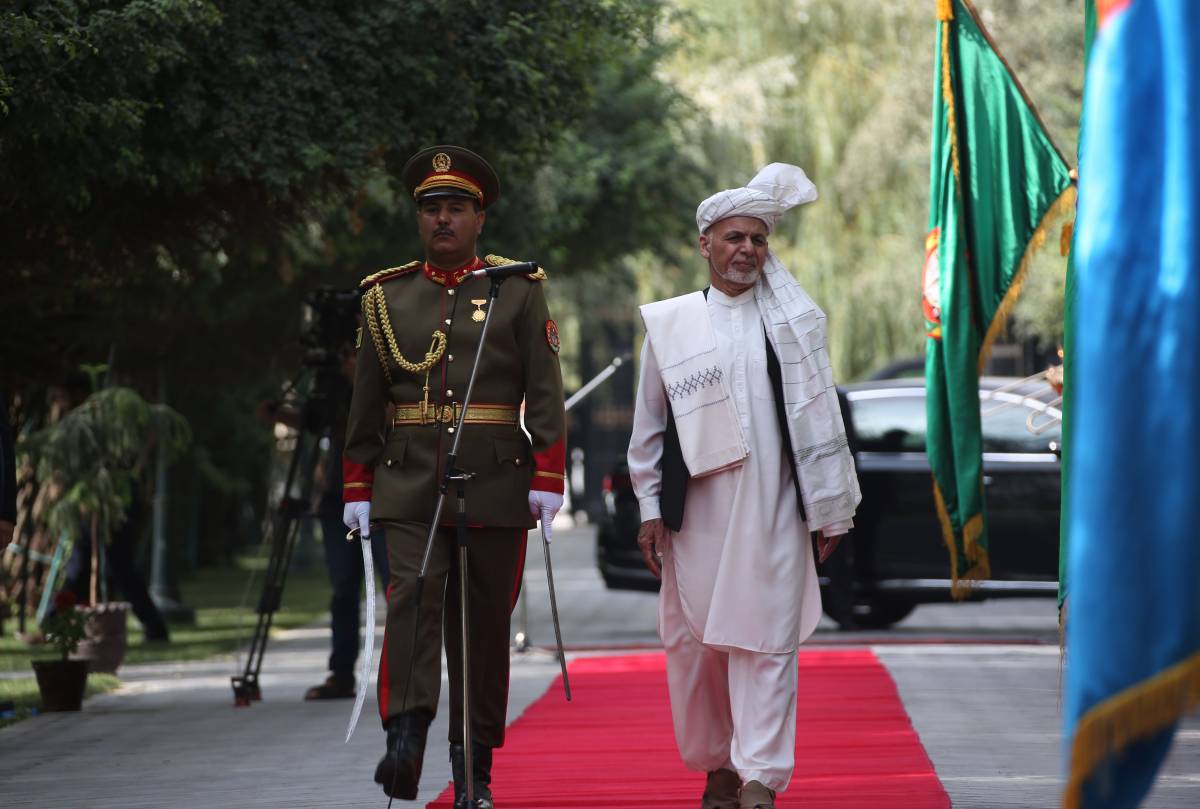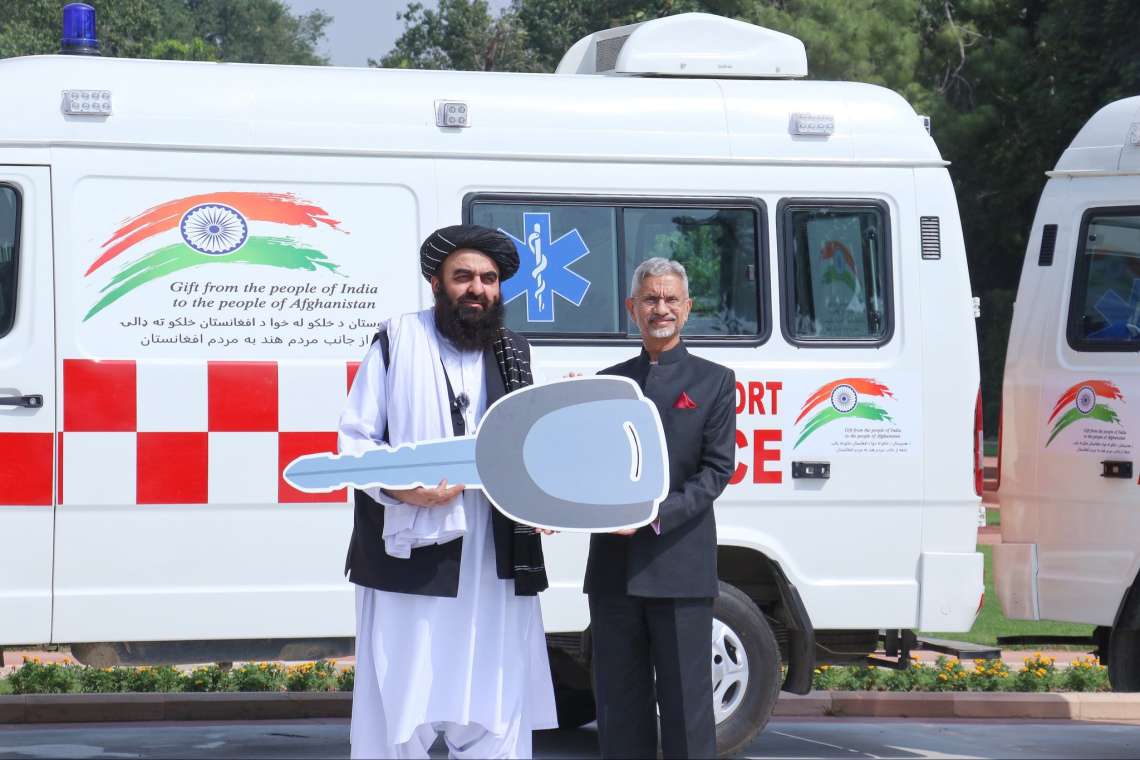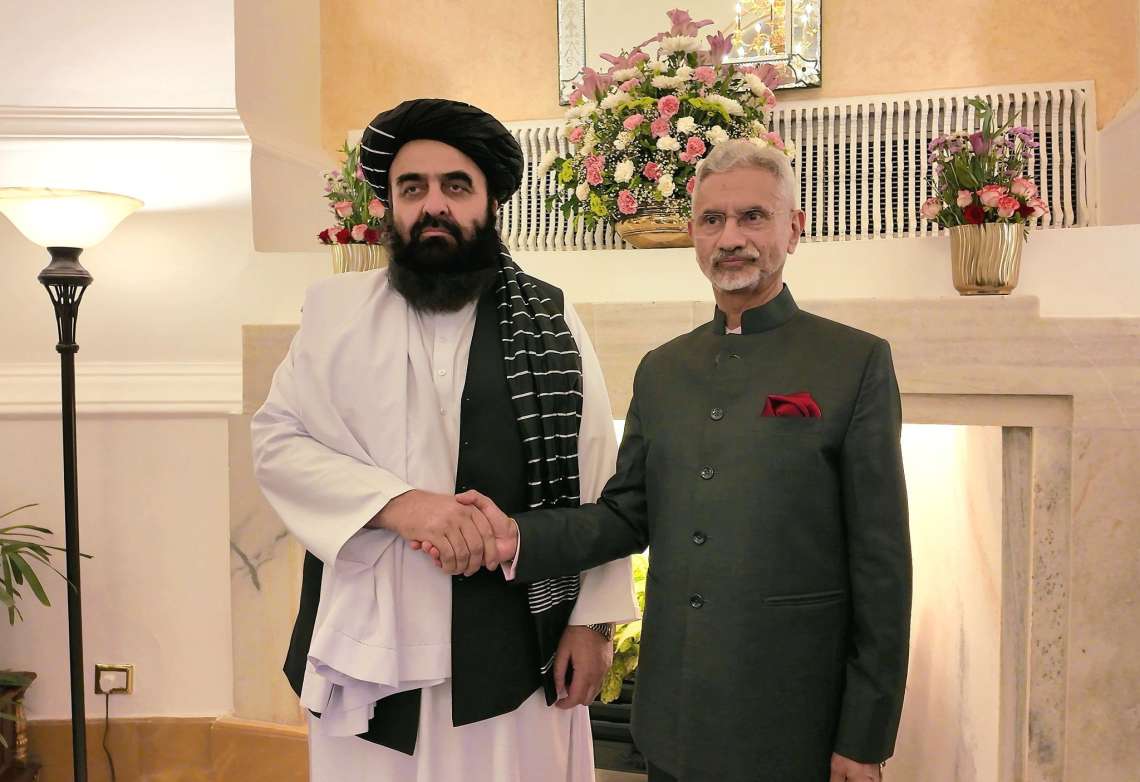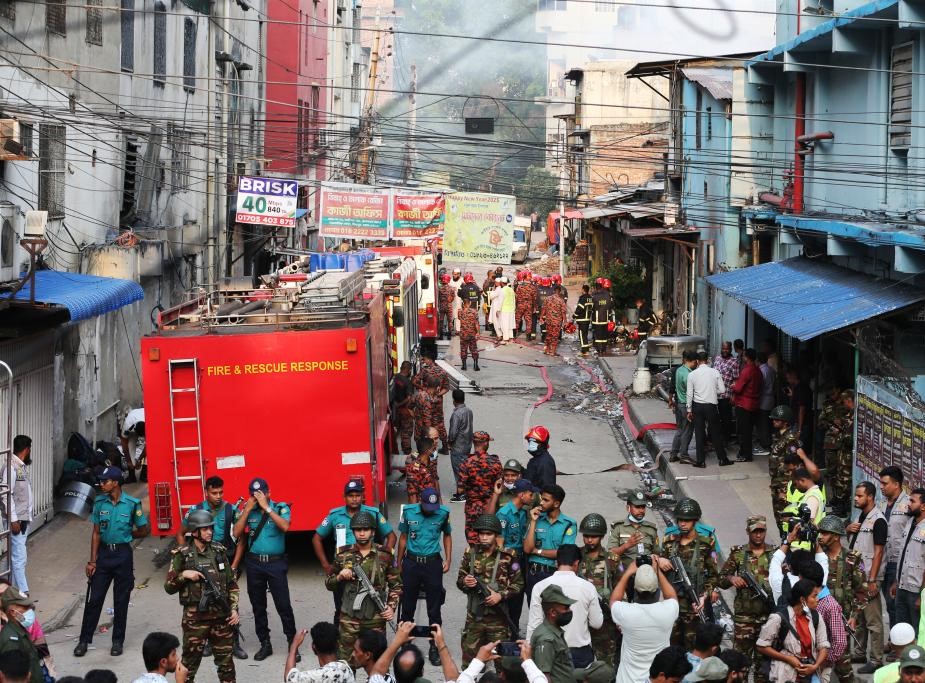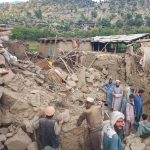GENERAL SAMI DADAT: This was not an Afghan war only; it was an international war, with many militaries involved. It would have been impossible for one army alone, ours, to take up the job and fight. This was a military defeat, but it emanated from political failure
We were betrayed by President Ghani and President Biden and their team. In an exclusive article in The New York Times, General Sami Sadat, former Commander of the Afghan Army, says the debacle at Afghanistan is not a military defeat, but “it emanated from political failure”
A former commander of the Afghan Army blames President Ashraf Ghani and his close aides for deserting the country without an interim agreement for a transition period with the Taliban.
General Sami Sadat, former commander of the Afghan National Army’s 215 Maiwand Corps, is also accusing President John Biden and his team for not providing logistical support to fight against Taliban.
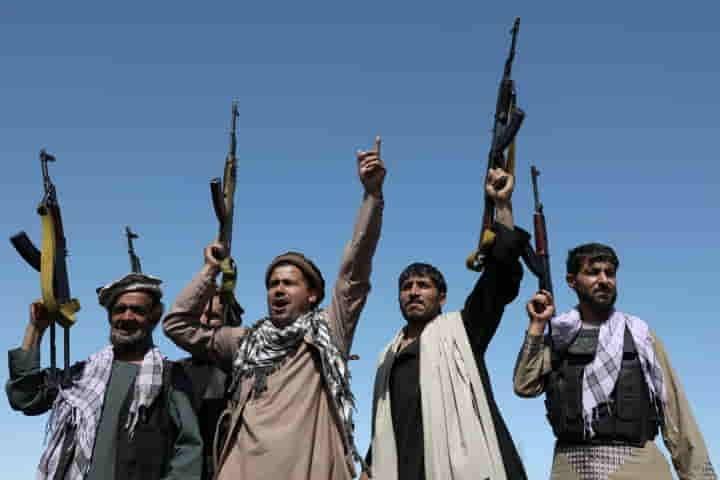
General Sadat, a Sandhurst graduate served as a senior director in Afghanistan’s national intelligence agency. He is accusing both President Biden and President Ghani for letting the Team down.
“There is an enormous sense of betrayal here,” General Sadat wrote in the Times article. “Mr. Ghani’s hasty escape ended efforts to negotiate an interim agreement for a transition period with the Taliban that would have enabled us to hold the city and help manage evacuations. Instead, chaos ensued — resulting in the desperate scenes witnessed at the Kabul airport.
“For the past three and a half months, I fought day and night, nonstop, in southern Afghanistan’s Helmand Province against an escalating and bloody Taliban offensive. Coming under frequent attack, we held the Taliban back and inflicted heavy casualties. Then I was called to Kabul to command Afghanistan’s special forces. But the Taliban already were entering the city; it was too late.
“I am exhausted. I am frustrated. And I am angry. President Biden said last week that “American troops cannot and should not be fighting in a war and dying in a war that Afghan forces are not willing to fight for themselves.”
“It’s true that the Afghan Army lost its will to fight. But that’s because of the growing sense of abandonment by our American partners and the disrespect and disloyalty reflected in Mr. Biden’s tone and words over the past few months. The Afghan Army is not without blame. It had its problems — cronyism, bureaucracy — but we ultimately stopped fighting because our partners already had.
“It pains me to see Mr. Biden and Western officials are blaming the Afghan Army for collapsing without mentioning the underlying reasons that happened. Political divisions in Kabul and Washington strangled the army and limited our ability to do our jobs. Losing combat logistical support that the United States had provided for years crippled us, as did a lack of clear guidance from U.S. and Afghan leadership.
“I am a three-star general in the Afghan Army. For 11 months, as commander of 215 Maiwand Corps, I led 15,000 men in combat operations against the Taliban in southwestern Afghanistan. I’ve lost hundreds of officers and soldiers. That’s why, as exhausted and frustrated as I am, I wanted to offer a practical perspective and defend the honor of the Afghan Army. I’m not here to absolve the Afghan Army of mistakes. But the fact is, many of us fought valiantly and honorably, only to be let down by American and Afghan leadership.”
General Sadat says three major factors affected the collapse of Afghan Army. He wrote: “First, former President Donald Trump’s February 2020 peace deal with the Taliban in Doha doomed us. It put an expiration date on American interest in the region. Second, we lost contractor logistics and maintenance support critical to our combat operations. Third, the corruption endemic in Mr. Ghani’s government that flowed to senior military leadership and long crippled our forces on the ground irreparably hobbled us.”
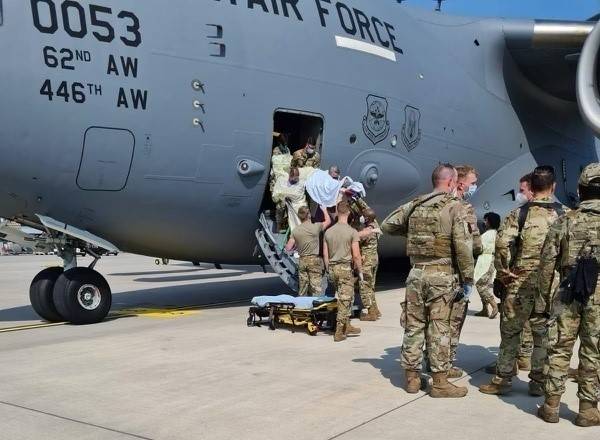
The Doha Peace Agreement was signed last year in February. The agreement signed by the US–under the Donald Trump regime — and Taliban got the support of China, Pakistan and Russia. Under the agreement, the US and NATO forces committed to pulling out of Afghanistan.
Several experts also said that the exit of the US from Afghanistan will allow Washington to focus more on China. “The US is withdrawing from Afghanistan because it wants to concentrate its resources against China,” Satoru Nagao, fellow at Hudson Institute, told India Narrative.
Irrespective of the course that the US charters once it closes the Afghanistan chapter, it will have to seriously look at rebuilding its credibility as a world power.
The Credibility Factor
Meanwhile, Delhi-based Observer Research Foundation (ORF) said that across the world there are worries about the reliability and credibility of the US as a guarantor of security.
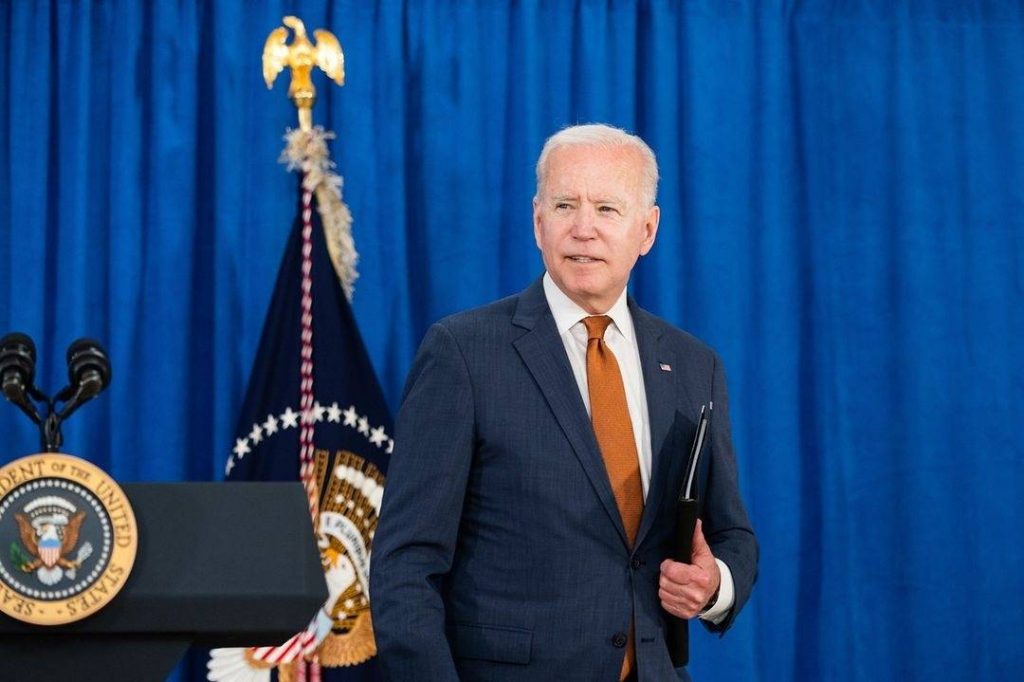
“It would be foolhardy to take American credibility on external commitments as a given. While there are fewer doubts about US commitments to Europe and the NATO, the looser arrangements in the Indo-Pacific leave open many questions,” the ORF paper stated.
Many have also opined that this is a “Saigon (now Ho Chi Minh) moment” for the US.
Gerald Ford, then US President announced in April 1975 that for Washington, the Vietnam war, which it was spearheading was “finished.”
According to Al Jazeera, “the president’s words landed like shells of cold indifference on the ears of the South Vietnamese who had been promised support by successive US administrations, including Ford’s.” Following the US withdrawal, Saigon fell and the Communists assumed power.
Though US President Joe Biden has made it clear that he has no regrets in withdrawing from Afghanistan as “the objectives of the war have been met,” “the goals of wiping out terrorism, nation building, political stability and peace stand like a ruin in the face of the empire,” the news organisation said.
While many eyebrows have raised over India’s US policy, Shakti Sinha, Hony Director, AB Vajpayee Institute of Policy Research and International Studies told India Narrative that the move should not come as a surprise to the world.
“The US has been talking about pulling out its troops, the world including India should have been prepared for this though from a humanitarian point it is an extremely sad episode.” Sinha, who served as head of the governance and development section of the UN Assistance Mission in Afghanistan between 2006 and 2008, said.
READ MORE: Karzai, Abdullah in Taliban’s 12-member council
READ MORE: US lawmakers urge Biden to extend August 31 withdrawal deadline


